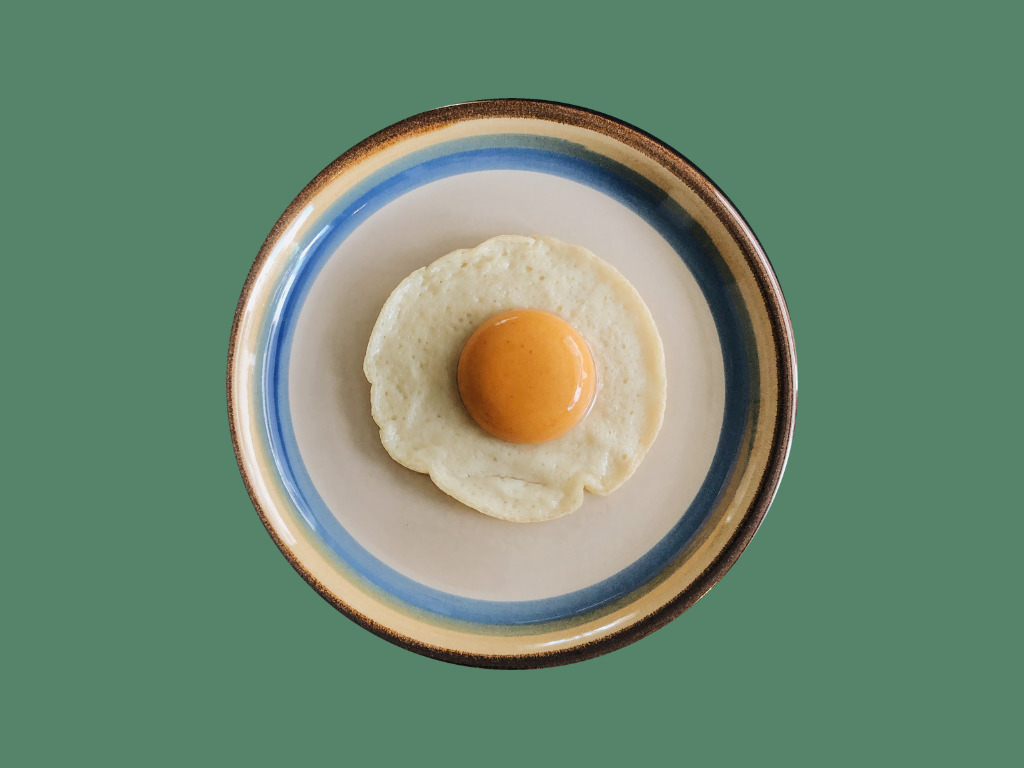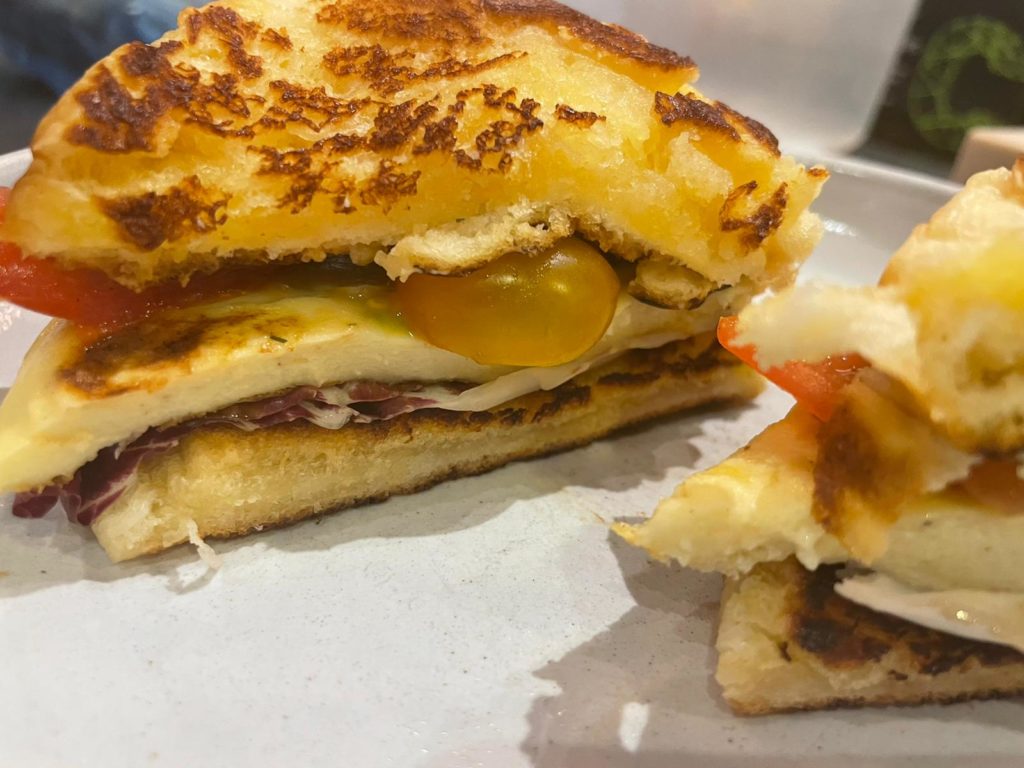Float Foods Makes Patent Application for Nutritionally Enhanced Whole Egg Alternative
3 Mins Read
Singaporean startup Float Foods has filed a PCT patent application for its OnlyEg development. The application comes after nutritional improvements have been made. Details include a white with 10 percent protein, equal to that of a conventional chicken egg. A yolk with cholesterol-improving fibre is named as well.
The patent is designed to protect OnlyEg and any associated whole egg technology, ahead of commercial launches. The completion of a pilot plant, to fulfil ambitions of creating “food as medicine”, comes after an oversubscribed seed funding round in June 2021.

Countdown to launch
Founded in 2020 by Vinita Choolani, Float Foods has engaged in extensive R&D to develop its egg analogue. Seed funding last year raised S$2.2 million, led by Insignia Ventures and DSG Consumer Partners, to complete a pilot plant. The Hersing Kitchen location provides over 4,000 square feet of production capability. An R&D laboratory will be housed alongside manufacturing lines, which will be used to produce OnlyEg in its various guises.
Float Foods has revealed plans to launch its whole egg alternative by the close of 2022. Imminent releases include OnlyEg shreds and patties. The two will debut as ready-to-eat products via Classic Fine Foods, to cater to the B2B market initially.
“2022 is a pivotal year for us,” Vinita Choolani, founder of Float Foods said in a statement. “The support of our investors and partners, as well as the tenacity of our team, has placed us well on track to not just commercialise out OnlyEg whole egg substitute by the end of the year as we set out to, but enabled us to optimise our technology with pioneering nutritional enhancements that support our larger ‘food as medicine’ ambitions.”
Strengthening the brand
As the whole OnlyEg development is being finalised, the shreds and patties have been designed to start building brand awareness. Both are said to cater to Asian and Western cooking styles and cuisines, with the shreds earning Halal certification. They boast 12 grams of protein per serving, plus 70 percent less saturated fat and no cholesterol, compared to conventional chicken eggs. Both will be launched in the first quarter of 2022.
Distribution partner Classic Fine Foods was selected for its reach into the B2B market. It has a proven track record of launching plant-based companies already, with TiNDLE being a notable example.
The Hersing Kitchen pilot plant offers opportunities to move into other plant-based arenas, should Float Foods decide to. “We’re in the final stretch of bringing our fully realised OnlyEg plant-based whole egg onto shelves,” Choolani said in a statement. “but there is still so much potential to build on OnlyEg’s technology to innovate and develop a larger ecosystem of plant-based foods that can truly cater to the Asian diet in every way and be witnessed by Singapore’s future food plans.”

The ongoing egg race
As a source of protein, an emulsifier and a binding agent, eggs are a versatile culinary ingredient that multiple companies are seeking to replicate in a plant-based format.
December last year saw Singaporean scientists create a plant-based emulsifier designed to replace eggs and dairy. Made using spent brewing grains, the breakthrough is being heralded as a food waste reclamation win, while beating the nutritional value of conventional eggs.
Over in the U.K., Crackd released its new and improved liquid egg formulation. Enhancements came after consumer feedback that stated more needed to be done to make the product a viable substitute for scrambled eggs. The new formulation cooks in minutes, in a microwave, and can be used to create omelettes.
Lead photo of OnlyEg Shreds. Phot by Float Foods.




